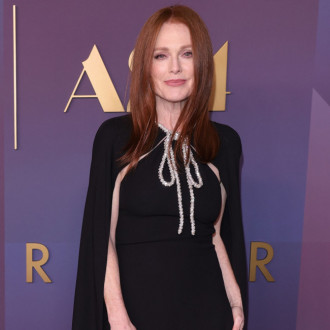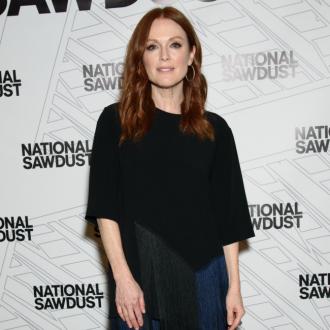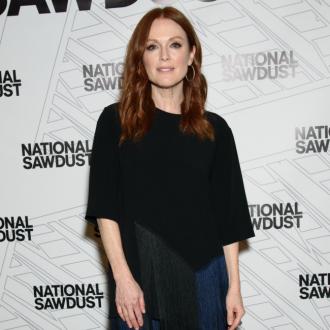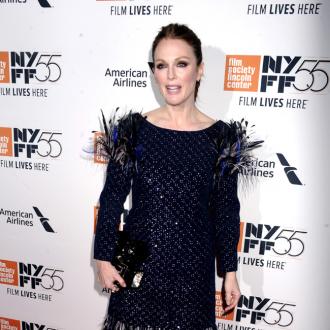'Still Alice' Was A Labour Of Love For Directors
By Rich Cline in Movies / TV / Theatre on 06 March 2015
The directors of 'Still Alice' have come forward to explain the serious heart that went into the film, as one of them was suffering a similar affliction to the main character.
After Julianne Moore won the Oscar for her performance in 'Still Alice', the film climbed back into the US box office top 10, just as it opens across Europe this weekend. Co-director Wash Westmoreland is amazed at how the film has connected with people. "When you're an independent filmmaker you always have a dream version of how things will go," he said. "You have to live within the dream because often the reality is usually too brutal to deal with! But this time the reality has turned out to be better than the dream."

Julianne Moore in 'Still Alice'
Most amazing to Westmoreland and his partner, co-director Richard Glatzer, is how the film seems to be changing the perception of Alzheimer's. They credit much of this reaction to Moore's remarkably sensitive performance. "You know, we've always been huge fans of her work," Westmoreland said. "Every character she plays is completely different but yet realistic, whether it's Amber Waves, Sarah Palin or Cathy Whitaker. She has the ability to project intelligence, to be emotionally vulnerable and to act without words. I think in a lot of her movies, like 'Safe', she does a lot without speaking."
More: Read The Review For 'Still Alice'
Glatzer agrees. "Julianne is a powerhouse" he said. "Her preparation for this role was thorough in the extreme. By the time she came on set, it was all there."
Watch A Clip From 'Still Alice' Here:
The filmmakers organised the schedule chronologically, designing the sets, costumes, hair, make-up and cinematography to trace the different phases of the disease. "Everyone in the production, from her costars to the assistants, immediately sensed something special was happening with Julianne's performance," Glatzer said. "This brought an extra level of commitment from the entire crew."
More: 'Still Alice': Now You Can See Why Julianne Moore won an Oscar
Westmoreland adds that neither had ever experienced Alzheimer's in their families. "But we did have a very unusual circumstance that propelled us toward this material," he said. "Richard had been diagnosed with ALS early in 2011.We thought 'Still Alice' might be too much to take on, but we saw enormous parallels between what Alice goes through and what Richard was going through. The diseases can be seen as opposites - Alzheimer's affects cognition whereas ALS attacks the body - but as they progress, both create barriers for the individual in relating to the wider world, and both demand a struggle to retain the sense of self."
More: Julianne Moore Wins Best Actress Oscar For 'Still Alice'
The filmmakers are already developing their next character-based project.
Contactmusic
Movies and Trailers
Suburbicon Movie Review
This film feels kind of like what you'd expect from a collision between George Clooney...

Kingsman: The Golden Circle Movie Review
Two years ago, Kingsman: The Secret Service seemed to come out of nowhere, ruffling feathers...
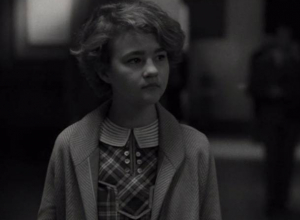
Wonderstruck Trailer
The setting is Minnesota in 1977. Ben is a young boy who is deaf in...
Suburbicon Trailer
In the quiet, seemingly perfect land of suburbia, a businessman named Gardner Lodge (Matt Damon)...

Kingsman: The Golden Circle Trailer
For those who knew him, Gary Unwin (better known as Eggsy to his friends), was...
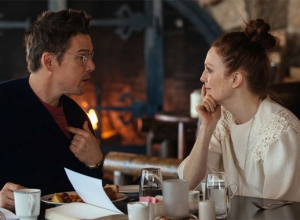
Maggie's Plan Movie Review
A New York comedy with vivid characters and a contrived plot, this feels rather a...
Advertisement
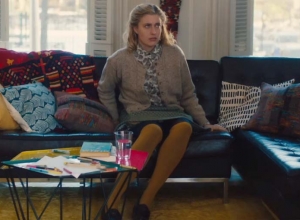
Maggie's Plan Trailer
Maggie's has always been practically minded and now that she's in her thirties and has...

The Hunger Games: Mockingjay Part 2 Movie Review
Suzanne Collins' saga comes to a suitably epic conclusion in a climactic series of battles...

The Hunger Games: Mockingjay - Part 2 Final Trailer
Katniss Everdeen is determined to take down President Snow once and for all. Too many...
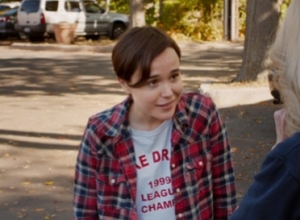
Freeheld - Clip Trailer
Laurel Hester and Stacie Andree couldn't be more different. While the former is a highly...
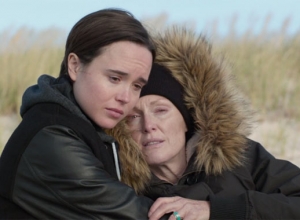
Freeheld Trailer
Laurel Hester is a high-ranking New Jersey police detective who is hugely respected at work....
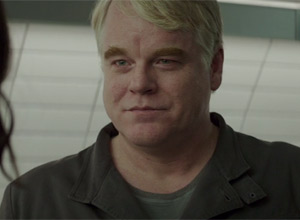
The Hunger Games: Mockingjay Part 2 - Join The Revolution Trailer
Having successfully rescued Peeta and the other Hunger Games victors, Katniss Everdeen is feeling the...
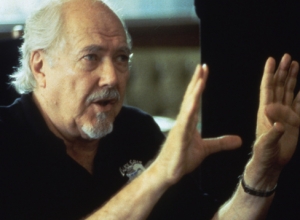
Altman Movie Review
This isn't a tell-all doc about the iconic filmmaker: it's a love letter from his...
Advertisement

